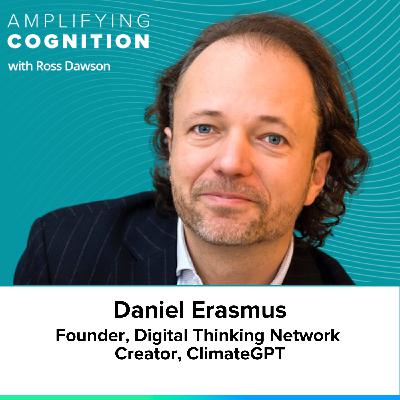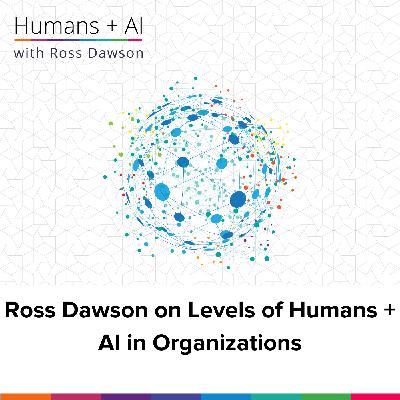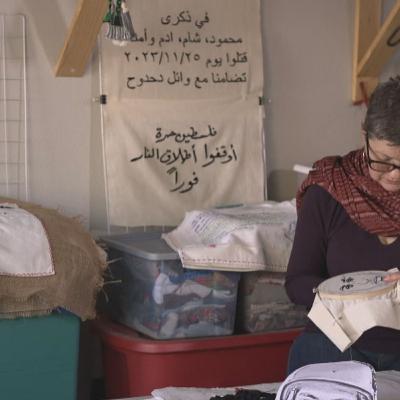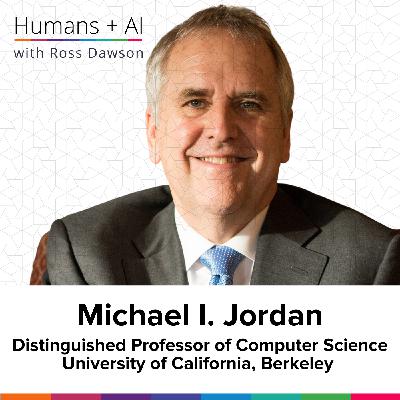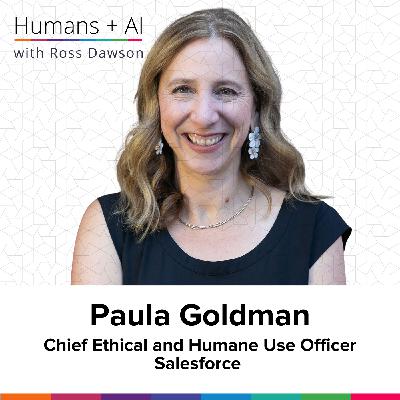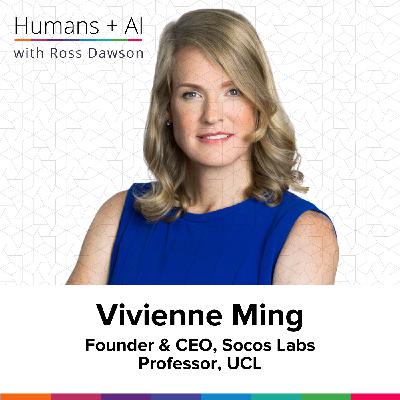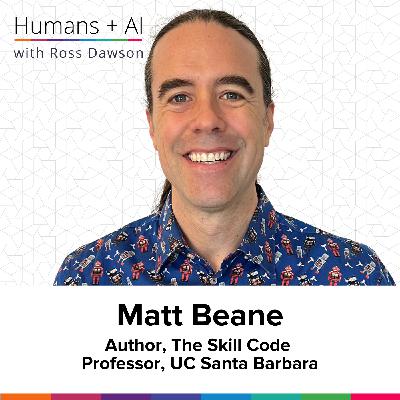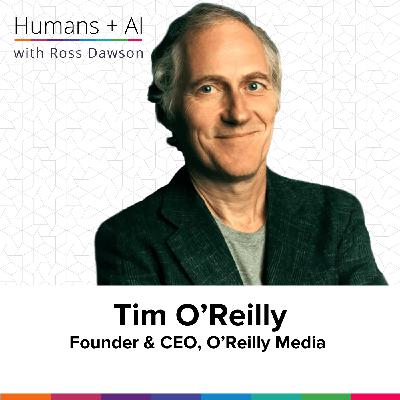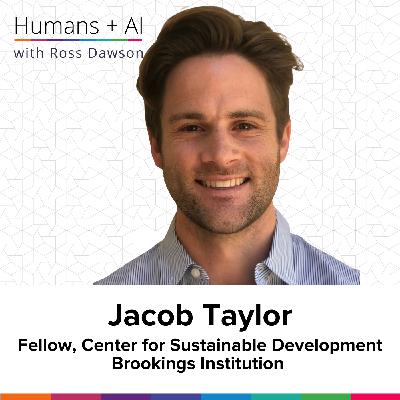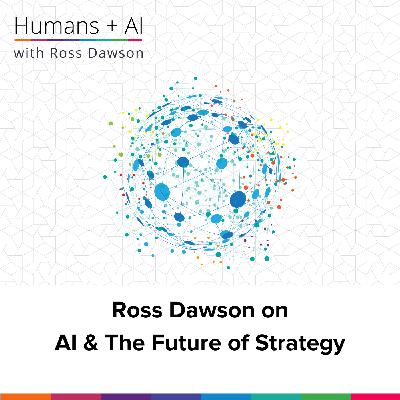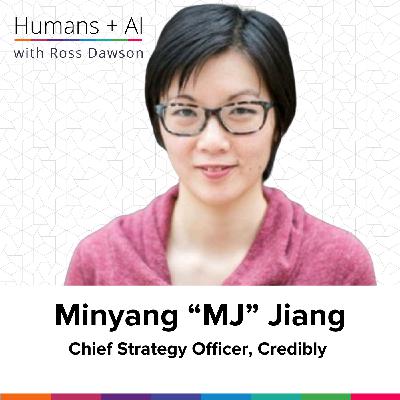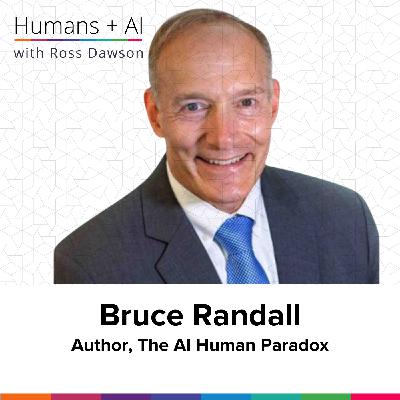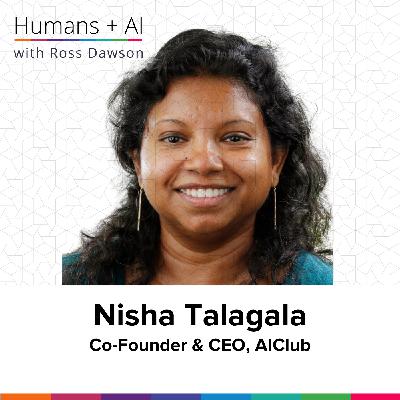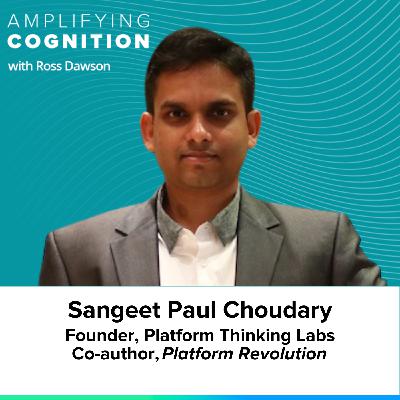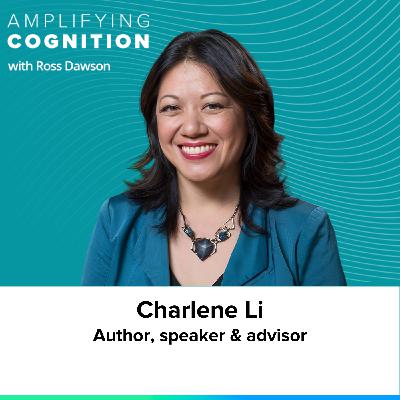Daniel Erasmus on ClimateGPT, AI for climate decisions, social intelligence solutions, and surfacing hidden connections (AC Ep51)
Description
“The promises are tremendous and the peril is climate, not AI. “
– Daniel Erasmus

About Daniel Erasmus
Daniel is the Founder and Managing Director of futures consulting firm Digital Thinking Network (DTN), CEO of AI sense-making platform Erasmus.AI, and creator of ClimateGPT. He has been applying innovative approaches to scenario planning since 1996 for many leading organizations around the world. Daniel is a visiting professor at Ashridge Business School and a fellow at The Rotterdam School of Management.
What you will learn
- Discussing the real existential threat of climate change
- Exploring AI’s role in addressing climate challenges
- Daniel Erasmus’s background in foresight and scenario planning
- The development and impact of ClimateGPT
- The importance of Human-AI collaboration
- Equitable access to AI technologies for climate solutions
- Innovative climate resilience strategies and examples
Episode Resources
- Artificial intelligence (AI)
- The Promise and the Perils of AI
- Rotterdam climate initiative
- BloombergGPT
- ChatGPT
- World Economic Forum
- ClimateGPT
- Singapore Sea Lion
- European Central Bank
- Systemic Risk Board
- FSB (Financial Stability Board)
- NOAA (National Oceanic and Atmospheric Administration)
- Sea Ban (European legislation for a carbon border tax)
- SDGs (Sustainable Development Goals)
- TCFD (Task Force on Climate-related Financial Disclosures)
- TNFD (Taskforce on Nature-related Financial Disclosures)
- chess.com (freestyle chess competition)
Transcript
Ross Dawson: Daniel, it is awesome to have you on the show.
Daniel Erasmus: It’s great to see you again, mate. It’s been far too long. And it was wonderful seeing you in San Francisco last year. I mean, it was a fascinating event, the title of the event was The “Promise and the Perils of AI”. In the audience, we had Rusty, they’re working on meteorites and a whole set of sort of existential issues facing humanity. And, and the point that I made there is, that people tend to place AI as an existential threat within these, and instead of sort of challenges for human supremacy, but the real threat, the peril is somewhere else. And the peril is not AI, it’s climate change. Climate change is a structural threat that will face humanity, at the scale of the UN estimates 200 million climate refugees by 2050, maybe half a billion, that’s 26 years from now, half a billion a decade later.
Now, the European project barely survived one and a half million Syrian refugees. So the kind of things that we are talking about here, we’re going to have to get really, really good at not just anticipating what’s happening but acting on that early preparing for that with the least amount of human and of course, planetary suffering.
And so that’s the promise of AI. And I think it’s far more interesting to look at AI with those terms. How can it help us? And how can we, together with AI come to very, very different solutions than we have in the past for the real existential threat, which is climate change?
Ross: Yep, absolutely. The challenges we face are unprecedented in complexity and scale. So we hopefully have some tools which can assist us in that. But I think that goes a little bit to your background and where we’ve crossed over in the past is understanding complex systems. So it’d be great just to hear a little bit about your background and how you’ve come to this point from your work in foresight over the years
Daniel: <span style="f

